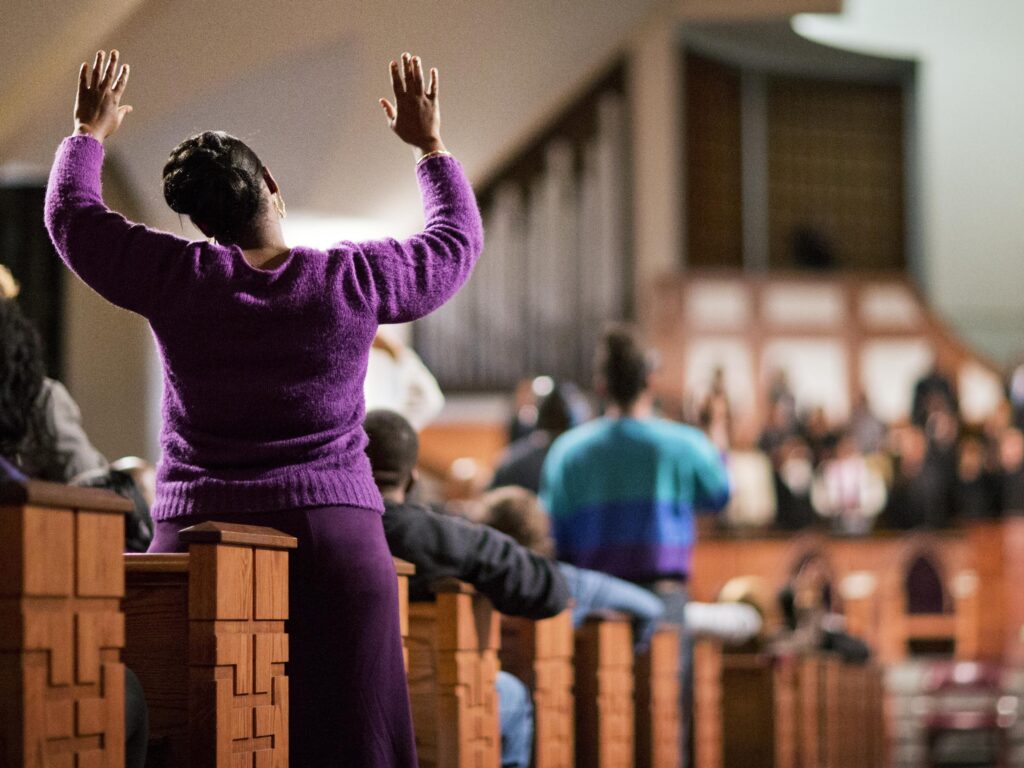Black Church: A Historical Journey Through Time
The Black Church has been a cornerstone of African-American culture and religion for centuries. From its roots in the African diaspora to its ongoing relevance today, the Black Church is a historical institution that has had a profound impact on people of color around the world. This article will explore the history and significance of the Black Church, as well as its current role in the African-American community.
A Brief History of the Black Church
The Black Church has its origins in the transatlantic slave trade of the 16th century. During this period, enslaved people were brought to the Americas from West Africa and the Caribbean. Despite the fact that they were forced to convert to Christianity, many of these enslaved people still held onto their traditional African spiritual beliefs. To accommodate this, African-American slaves began to form their own churches and spiritual networks, often referred to as “invisible churches.”
The first Black Church in the United States was established in 1776 in Philadelphia. It was founded by Reverend Absalom Jones, a free black man and former slave. The church grew rapidly, and by the mid-19th century, there were hundreds of Black Churches in the United States. These churches were a place of refuge and support for African-American communities, providing spiritual guidance, education, and moral support.
The Role of the Black Church in the Civil Rights Movement
The Black Church has played a crucial role in the fight for civil rights throughout the history of the United States. The church was a safe haven for African-American activists during the civil rights movement, offering support and a place to organize. The Black Church provided a platform for activists to spread their message and rally support for their cause.
In the 1950s and ’60s, the Black Church was a key site of the civil rights movement. Activists, such as Martin Luther King Jr., organized protests and sit-ins from within the church and used its pulpit to spread their message of equality and justice. The Black Church was also an important pillar of the Black Power Movement, which sought to empower African-Americans through self-determination and economic independence.
The Current Role of the Black Church
Today, the Black Church continues to play an important role in the African-American community. It is a place of spiritual nourishment and fellowship, providing an important source of solace and comfort. The Black Church is also a place for social and economic development, offering programs and services that focus on education, employment, and health.
The Black Church is also a powerful political tool, allowing African-Americans to express their grievances and fight for their rights. The church has been at the forefront of many civil rights issues, from police brutality to voter suppression. The Black Church serves as a platform for activists to spread their message and organize around important causes.
Conclusion
The Black Church has been a cornerstone of African-American culture and religion for centuries. From its roots in the African diaspora to its ongoing relevance today, the Black Church has had a profound impact on people of color around the world. Throughout its history, the Black Church has served as a source of spiritual nourishment, support, and a platform for social and political change. Today, the Black Church continues to play an important role in the African-American community, offering programs and services that focus on education, employment, and health. As the Black Church moves forward, it will continue to serve as an important source of support and inspiration for African-Americans.

